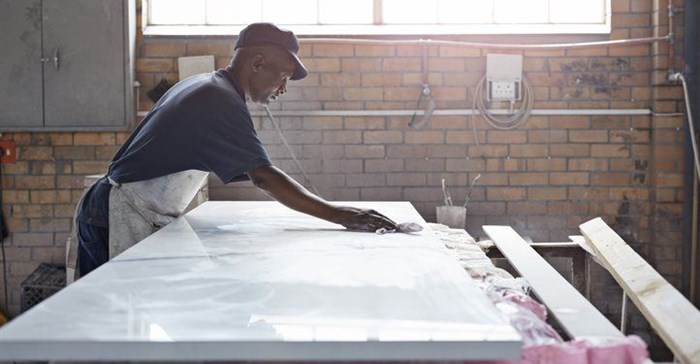
Related
Top stories

Marketing & MediaWarner Bros. was “nice to have” but not at any price, says Netflix
Karabo Ledwaba 5 hours





More news




















“Pre Covid-19, the sector was identified as one that could benefit from strategic investment and an Industry Master Plan was expected to be tabled in the first quarter of 2020. While this Master Plan has been delayed, there remain a number of mechanisms for accessing capital,” explained Zahra Rawjee, a director at Uzenzele Holdings, which is a Pretoria-based advisory specialising in Department of Trade, Industry and Competition (DTIC) incentives.
South Africa’s manufacturing industry is significant to the economy, contributing over 13% to GDP and employing more than 1.2million people, according to the DTIC. Furniture manufacturing makes up approximately 1% of manufacturing’s total GDP contribution, with around 26,000 people employed in the sector.
However, while DTIC deputy minister, Nomalungelo Gina, expressed excitement earlier this year over the industry’s potential to contribute even more through the creation of jobs, increased exports and the development of small, medium and micro enterprises, the funding wheels have been slow to turn.
Nathi Khumalo, CEO at Traverse Advisory, a management consulting firm that designs strategic business models in line with B-BBEE requirements for listed and medium-sized businesses, said that furniture manufacturers have the option of either seeking funding via Enterprise and Supplier Development (ESD) partnerships or through government funding such as the DTIC incentives.
“For businesses who are starting to gain traction and have an existing client base, ESD funding can be a great springboard into other DTIC incentives,” explained Khumalo.
For the furniture industry, there are two attractive markets at the moment: Government that needs furniture in schools, hospitals and municipal offices and the private sector looking to add emerging black businesses into their supply chain.Rawjee said that for the more ambitious manufacturing operations, furniture manufacturers looking to upgrade or increase their machinery can look to tap into either the Black Industrial Scheme which can fund up to R50m per project or the Agro Processing Support Scheme (APSS) which offers up to R20m per project.
“Understanding your project size determines your operational and capital expenditure requirements and this helps you figure out how much the government grant or incentive will cover and how much additional matched funding you will need, either in the form of debt, equity or even leveraging off enterprise and supplier development funding,” Rawjee explained.
Both Rawjee and Khumalo pointed out that if you are planning to access funding via either the ESD channels or the DTIC incentives, B-BBEE will be a key consideration. “The higher your black ownership in your business the closer you get to the maximum funding threshold,” said Rawjee.
Khumalo concluded: “I am excited about the prospects for manufacturing in South Africa and if we can take sub-sectors such as furniture manufacturing and build strategic value-chains, we can see some exciting new industrialists and small businesses leaving their mark on the SA economy."